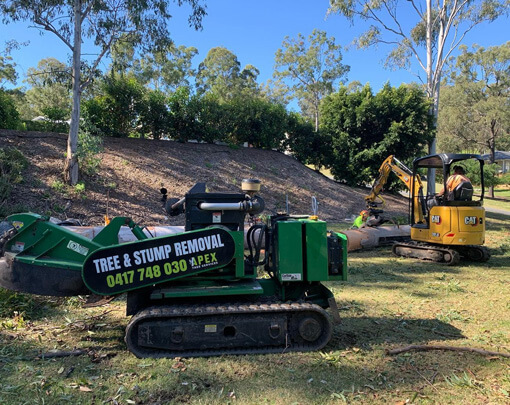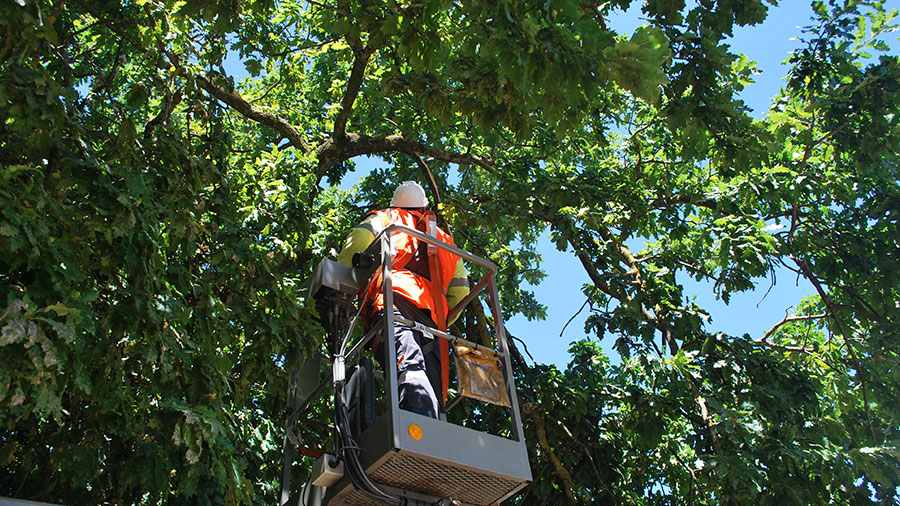All Categories
Featured
The removal of trees can create open spaces that are prone to weed intrusion. When trees are existing, their dense canopies usually shade the ground, limiting the quantity of sunlight that gets to the soil. However, after the removal of trees, these open areas receive increased sunshine, offering perfect problems for weed development.

They might suggest the use of mulch, which acts as a protective barrier on the dirt surface, protecting against weed seeds from sprouting and reducing weed development.

The visibility of trees promotes an abundant and diverse area of soil microbes. Tree roots offer a source of raw material, exudates, and nutrients that support the development and task of beneficial soil microorganisms. However, when trees are eliminated, the absence of their roots can interrupt the fragile balance of the soil's microbial ecosystem.
What Is The Best Tree Loppers Wollongong Company Near Me
This change in pH can affect vitamins and mineral availability, microbial activity, and overall dirt health. To resolve the impacts of tree reducing on soil pH, tree removal experts can supply valuable guidance. They might advise soil screening to evaluate the current pH levels and determine the needed adjustments. Based upon the outcomes, specialists can suggest pH modification methods, such as including lime to elevate dirt pH or including important sulfur to reduce it.

It refers to the compression of soil bits, resulting in minimized pore area and enhanced dirt thickness. This compaction can negatively influence the soil's capacity to work efficiently, influencing its water-holding ability, nutrient accessibility, and root penetration. Proper techniques utilized by tree elimination specialists can help lessen compaction and preserve the dirt's capacity to preserve water, and enable adequate air movement and mindful equipment handling.
Latest Posts
How Much Does It Cost To Hire A Tree Cutting Wollongong?
What Is The Best Tree Loppers Wollongong Service?
What Is The Best Wollongong Council Tree Removal Company Near Me